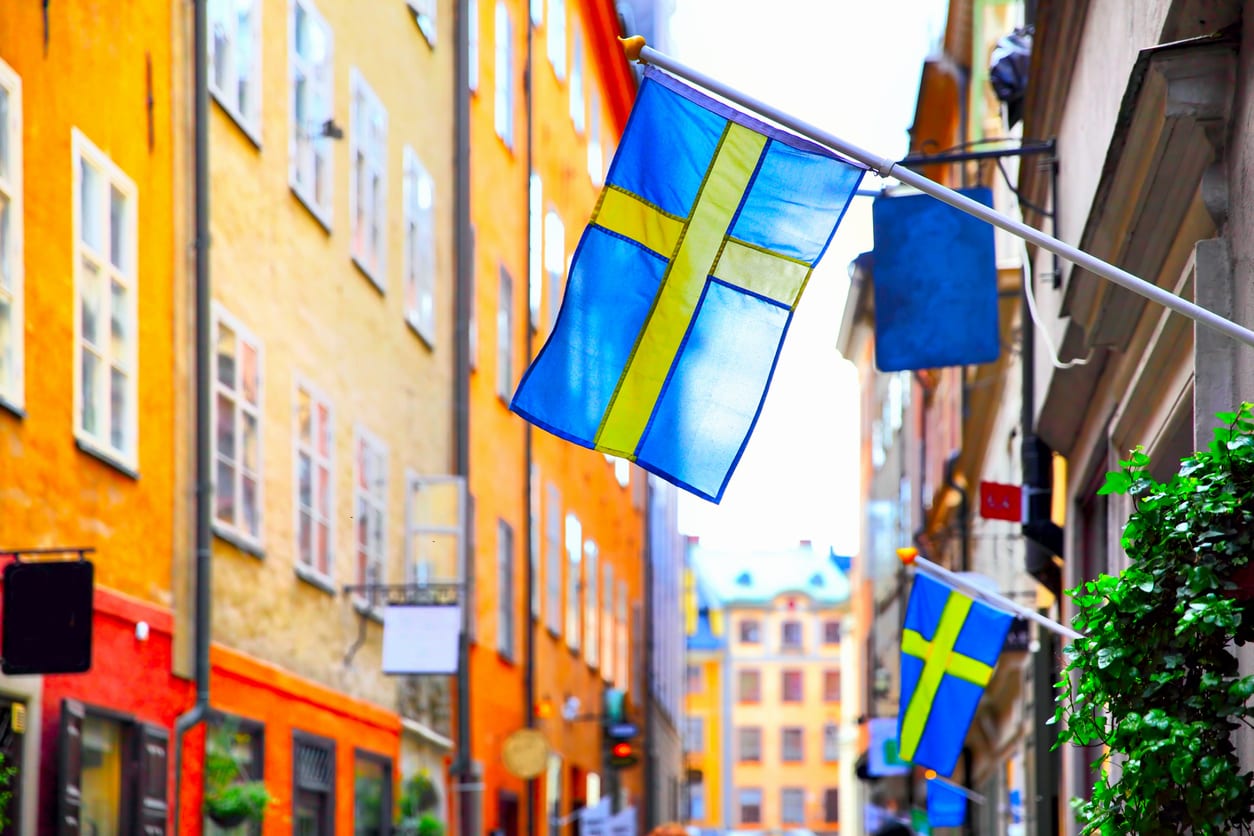Videoslots secures longer Swedish licence following appeal
| By iGB Editorial Team
An appeal against the Swedish Gaming Authority’s (Spelinspektionen) decision to limit Videoslots’ operating licence to a two-year term has concluded with the operator having its licence extended to 31 December, 2023. The Linnköping Administrative Court ruled a regulatory settlement with the GB Gambling Commission was insufficient grounds for curbing the licence duration.

An appeal against the Swedish Gaming Authority’s (Spelinspektionen) decision to limit Videoslots’ operating licence to a two-year term has concluded with the operator having its licence extended to 31 December, 2023.
The Linnköping Administrative Court, which ruled on the case, heard that Spelinspektionen’s original decision to only award Videoslots with a two-year licence was based on a regulatory settlement between the operator and the GB Gambling Commission.
Announced in November 2018, a Gambling Commission investigation found that Videoslots had insufficient customer due diligence processes in place, and that it failed to establish the source of customers’ funds.
The operator was found to have failed to carry out appropriate due diligence checks on high-spending customers, while another was able to use a fraudulent driving licence to verify their identity. These incidents occurred between 2014 and 2017.
It ultimately agreed a £1m settlement with the Commission in lieu of a financial penalty, as well as paying £12,000 towards the regulator’s investigative costs.
While this was seen by Spelinspektionen as grounds for limiting Videoslots’ licence term, the operator argued that the Commission accepted it had taken “proactive and timely measures” to address the failings identified in the investigation. The regulator had also praised Videoslots for being “open and transparent” and for cooperating fully with the regulatory process.
“This makes it obvious that the company is a serious business that makes an effort to follow the regulations to which it is subject,” Videoslots said in its appeal. “The British supervisory case, therefore, cannot be considered a reason to deviate from the normal, five-year licence period.”
Furthermore, it said, other operator that have entered into regulatory settlements were granted five-year licences, while a state-owned operator – Svenska Spel – had no restriction on its licence despite its subsidiary being fined for failings in its anti-money laundering processes.
Casino Cosmopol was fined SEK8m (£641,638/€761,526/$841,970) for these failings in November 2018.
In response, Spelinspektionen argued that as the settlement was only announced in November 2018, it believed this was too short a time to ascertain whether measures taken by Videoslots to rectify the issues identified had the intended effect.
It said all cases were treated equally, noting that the Casino Cosmpol violations occurred a number of years back, and its SEK8m penalty was reduced to SEK3m on appeal in October this year.
Alderman Thomas Kjellgren, who presided over the appeal, said Videoslots’ violation were indeed serious, and could be considered grounds for closer oversight of the operator by Spelinspektionen.
However, he acknowledged that Videoslots had cooperated with the Gambling Commission over the matter, and taken steps to address the failings. As such, it was not justified or proportionate to limit its licence to two years.
Furthermore, Kjellgren added, potential risks and deficiencies of Swedish licensees should be addressed as part of Spekinspektionen’s ongoing supervision of operators. Such issues would not be aided by a totally new assessment of an operator’s business, as would have been required once the two-year licence expired.
He ruled that the licence will now run from 1 January 2019 to 31 December, 2023.
Spelinspektionen has announced that it will not appeal the decision, which is the latest in a number of rulings relating to the duration of gaming licences.
LeoVegas, which was originally granted a two-year licence, prevailed in its challenge against the decision in October this year. This followed four operators – Ellmount Gaming, Aspire Global, Gaming Innovation Group(GiG) and Hero Gaming – being granted three-year licences on appeal, having originally been only permitted to operate in the market for a year.
